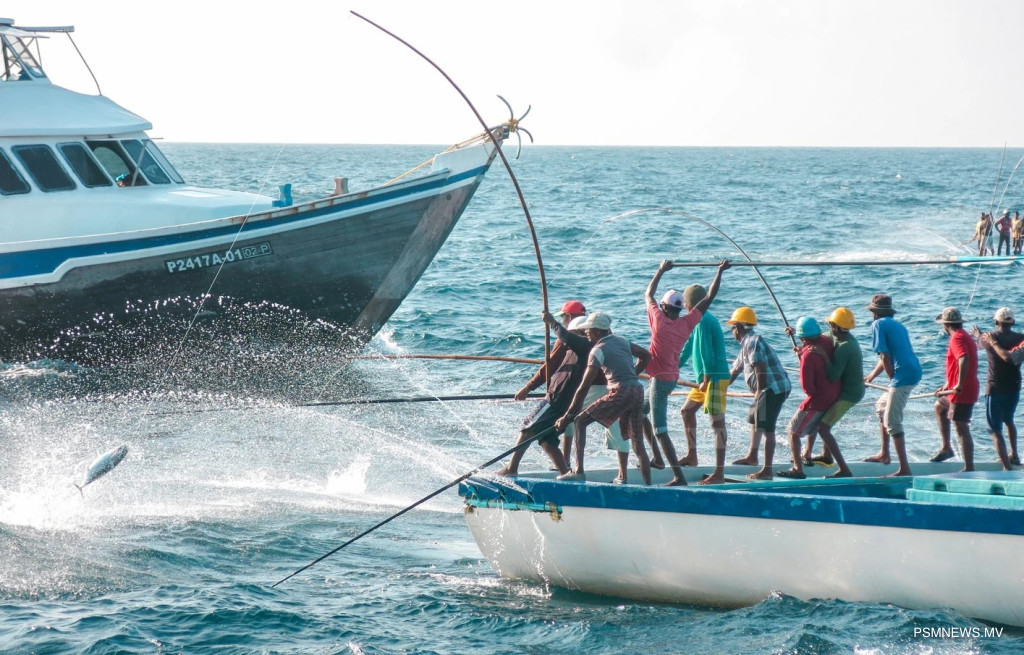
The state-owned Maldives Industrial Fisheries Company (MIFCO) has reported a pronounced increase in operational throughput and financial disbursements to local fishermen, indicative of a strengthening trajectory within one of the country’s primary economic sectors.
Recent data issued by MIFCO confirm that 234 vessels supplied fish during the latest reporting period, representing a 41.8 percent rise compared to the 165 vessels recorded the previous week. This expansion in supply was mirrored by a corresponding increase in payments to fishermen, which totalled USD 673,386.13, up 55 percent from the USD 434,558.73 disbursed one week earlier.
Among the reporting days, Thursday registered the highest volume of activity. On that date, 45 vessels delivered their catch to MIFCO, resulting in a cumulative payout of USD 180,956.88. The company’s internal analysis identified this as the most commercially productive day of the week.
The observed growth in fisheries operations aligns with the strategic priorities outlined by President Dr Mohamed Muizzu, under whose administration the sector has been designated a cornerstone of national development. In support of this agenda, the Ministry of Fisheries and Ocean Resources has introduced a targeted training initiative aimed at fostering youth participation and facilitating entry into the fishing profession.
According to ministry sources, the programme is structured to cultivate interest among young Maldivians while equipping them with the technical competencies required for sustained engagement in the industry. At present, five individuals under the age of 24, none of whom are formally registered as fishermen, have also been selected to participate in the pilot phase.
Instruction under the initiative encompasses both theoretical and practical components, with a particular emphasis on pole-and-line techniques. Participants are assigned to leading skipjack and pole-and-line vessels within the national fleet, where they receive direct operational exposure under the supervision of captains recognised for their professional expertise.
